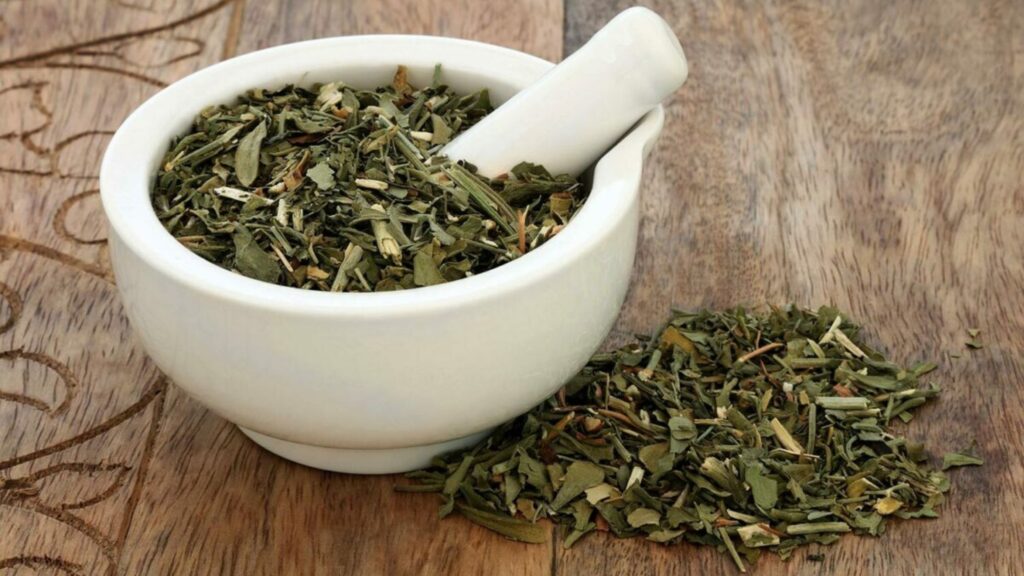Nature has provided us with a treasure trove of medicinal plants and herbs, each with its unique properties and potential health benefits. Among these botanical wonders is “Ruda,” a herb with a rich history of traditional use and a growing reputation for its diverse applications. In this blog, we’ll explore the fascinating world of Ruda, its origins, traditional uses, and potential benefits, providing you with valuable insights into this remarkable herb.
Also Read: Unlocking Radiant Skin: The Power of Ebony Facial
The Origins of Ruda
Ruda, scientifically known as Ruta graveolens, is an aromatic herb that belongs to the Rutaceae family. It is native to Southern Europe but can now be found in various parts of the world, including the United States. Ruda is often referred to by several common names, such as “common rue” or “herb-of-grace.”
Historical Significance
Ruda has a long and storied history of use in traditional medicine and folklore. Ancient civilizations, including the Greeks and the Romans, valued Ruda for its medicinal properties. It was believed to have protective and healing powers and was often used to ward off evil spirits. In medieval Europe, Ruda was considered a symbol of purification, and it played a role in various rituals.
Traditional Uses
- Medicinal Purposes: Ruda has been employed in traditional medicine for a wide range of ailments, including digestive issues, menstrual problems, and respiratory conditions. It has been used as a remedy for headaches, muscle pain, and as a mild sedative.
- Culinary Uses: Some cultures have incorporated Ruda into their cuisine, using its bitter leaves and aromatic seeds as flavoring agents. However, its use in cooking should be approached with caution, as large quantities can be toxic.
- Protective Amulets: Ruda has long been considered a protective herb. It was often worn as an amulet or placed in homes to ward off negative energy or evil spirits. It was believed to bring good luck and keep misfortune at bay.
Modern Applications
In recent years, Ruda has regained attention for its potential health benefits and therapeutic uses. Here are a few ways in which Ruda is being explored in contemporary herbal medicine:
- Anti-Inflammatory Properties: Some studies suggest that Ruda may possess anti-inflammatory properties due to the presence of various compounds, such as rutin and quercetin. These properties make it a potential candidate for managing conditions associated with inflammation.
- Antioxidant Effects: Ruda contains antioxidants that help protect cells from oxidative stress. Antioxidants play a crucial role in reducing the risk of chronic diseases and promoting overall health.
- Gastrointestinal Health: Ruda has been used to alleviate digestive issues such as indigestion and bloating. It may help promote healthy digestion and soothe gastrointestinal discomfort.
- Skin Care: Ruda essential oil is used in some skincare products due to its potential antibacterial and anti-inflammatory properties. It can be applied topically to help with skin conditions like acne and dermatitis.
Also Read: World Gym San Diego Reviews: Your Haven for Health
Cautions and Warnings
While Ruda has a range of potential benefits, it’s essential to use it with caution:
- Toxicity: Ruda can be toxic when consumed in excessive amounts, particularly the seeds. It should never be ingested in large quantities, and pregnant women should avoid it altogether due to its potential abortifacient effects.
- Skin Sensitivity: When handling Ruda, be aware that it can cause skin sensitivity and phototoxic reactions when exposed to sunlight. Always use caution when applying Ruda products topically.
Conclusion
Ruda is a herb with a rich history and a growing reputation for its potential health benefits. While its traditional uses encompass a wide array of applications, it’s essential to approach Ruda with caution, as it can be toxic in high doses. If you are considering incorporating Ruda into your wellness routine, consult with a healthcare professional or herbalist to ensure its safe and appropriate use. As with any herbal remedy, it’s important to exercise prudence and moderation while exploring the intriguing world of Ruda.

